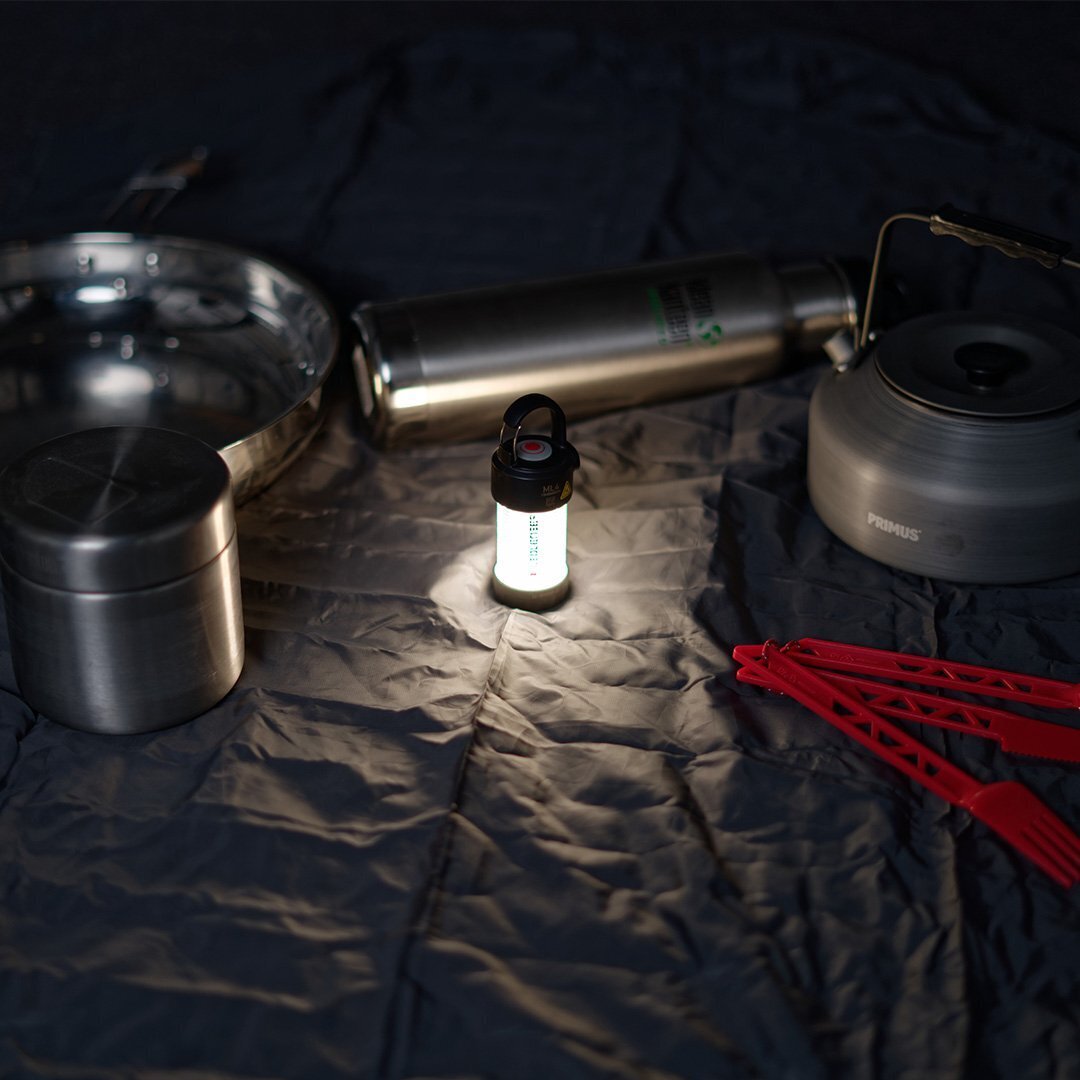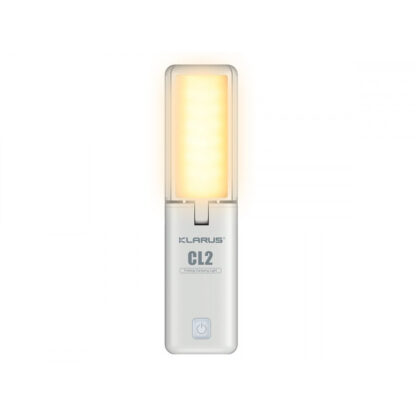
Introduction
When it comes to outdoor expeditions or unexpected power outages, lanterns are a must-have item. However, with such a wide range of options available, it can be overwhelming to decide on the right one. Of all the possibilities out there, rechargeable and AA/AAA battery-powered lanterns are two of the most popular choices.
But which one is right for you? In this blog post, we’ll weigh the pros and cons of each option to help you determine which lantern type meets your unique needs and preferences. Get ready to shed some light on this illuminating topic!
Exploring the Pros and Cons of Rechargeable Lanterns
Rechargeable lanterns are a popular choice for campers, hikers, and homeowners seeking a cost-effective and eco-friendly alternative to traditional battery-powered lanterns. However, it’s essential to consider both the advantages and disadvantages of rechargeable lanterns before making a purchase.
Pros
- Cost-effective: Investing in a rechargeable lantern can save you a considerable amount of money in the long run. Instead of constantly buying disposable batteries, you can recharge your lantern’s battery using a power source such as a wall outlet, car charger, or solar panel.
- Eco-friendly: Rechargeable lanterns are a more environmentally friendly option than traditional lanterns. They are reusable, and their rechargeable batteries minimize waste and reduce the carbon footprint. Using rechargeable lanterns also eliminates the need to continually purchase, discard, and recycle disposable batteries.
- Additional features: Some rechargeable lanterns come with extra features that can be handy, such as USB ports for charging your mobile phone or tablet on the go or built-in solar panels that allow you to recharge the lantern’s battery during the day.
- Safe to handle: Rechargeable lanterns don’t generate heat like fuel-burning lanterns, making them safer to use indoors and outdoors.
Cons
- Dependent on power sources: Rechargeable lanterns require a power source to recharge, which can be a challenge if you’re camping in a remote area or during an emergency. However, many rechargeable lanterns now come with spare batteries or can be charged via solar panels, providing you with additional power options on the go.
- Limited battery life: Rechargeable lanterns typically have a shorter battery life than disposable-powered lanterns. Due to battery size and capacity issues, they may not last as long or be as powerful as traditional battery-powered lanterns, making them less useful for extended periods of use.
- Additional maintenance: Depending on the lantern, you may need to replace the rechargeable battery after a certain number of uses or after a set period. And while rechargeable lanterns won’t corrode like disposable-battery-operated models, their batteries are less tolerant of extreme temperatures and must be handled with care.
When weighing the pros and cons of rechargeable lanterns, it’s essential to consider your usage scenario and needs. If you camp in remote areas without a power source, or you need bright and long-lasting light for extended periods of use, traditional battery-powered lanterns may be the better option. However, if you’re looking to reduce your eco footprint, save money in the long term, and use a safer and more convenient lantern, rechargeable lanterns are the way to go.
AA/AAA Battery-Powered Lanterns
AA/AAA battery-powered lanterns have been a popular choice for many campers due to their ease of use and long-lasting battery life. However, like all products, there are pros and cons to using these types of lanterns.
Pros
- Easy availability: One of the biggest benefits of AA/AAA battery-powered lanterns is the easy availability of batteries. These types of batteries are widely available at most stores, so finding replacements is never a problem. This can be a big advantage if you’re in a remote location where it’s difficult to find a place to recharge a rechargeable lantern.
- Longer battery life: AA/AAA batteries tend to last longer than rechargeable batteries. This means that you can keep your lantern on for longer periods without worrying about changing your batteries frequently. This can be a big advantage if you need a lantern that will last for several days or even weeks without needing to be replaced.
- Brighter illumination: AA/AAA battery-powered lanterns are typically brighter than rechargeable lanterns. This is because disposable batteries can generally provide more power than rechargeable ones. For campers who want to light up their campsite with a bright and powerful light, this can be a significant advantage.
Cons
- Expense: One of the biggest downsides of using AA/AAA battery-powered lanterns is the cost of using disposable batteries. Using disposable batteries, especially if you’re using your lantern regularly, can add up over time and be expensive. This can be a significant drawback if you’re on a tight budget.
- Environmental impact: Disposable batteries have a negative environmental impact since they contribute to hazardous waste disposal. Improper disposal of these batteries can also cause pollution and harm to wildlife. This can be a concern for those who are environmentally conscious.
- Bulk: AA/AAA battery-powered lanterns can be heavier and bulkier than rechargeable ones due to the need for multiple batteries. This can be a disadvantage for campers who prefer to pack light and avoid carrying heavy items.
Overall, AA/AAA battery-powered lanterns have their own set of pros and cons, which should be considered when making a purchasing decision. They are easy and convenient to use, have a longer battery life, and can be brighter than rechargeable lanterns. However, they can also be more expensive, have a negative environmental impact, and be bulkier than rechargeable lanterns. Ultimately, the choice between rechargeable and battery-powered lanterns comes down to personal preference and individual circumstances.
Conclusion
So, which type of lantern is right for you: rechargeable or AA/AAA battery-powered? Well, that depends on your specific needs and preferences. If you’re concerned about cost and the environment, a rechargeable lantern may be the better option for you.
On the other hand, if you need a lantern with a longer battery life and don’t mind the expense of disposable batteries, an AA/AAA battery-powered lantern may be the better choice.
Ultimately, it’s important to consider the pros and cons of both types of lanterns before making a purchase. Think about how you’ll be using your lantern and what features are most important to you.
And remember, there’s no one-size-fits-all solution when it comes to lanterns, so be sure to choose the one that best meets your needs.



